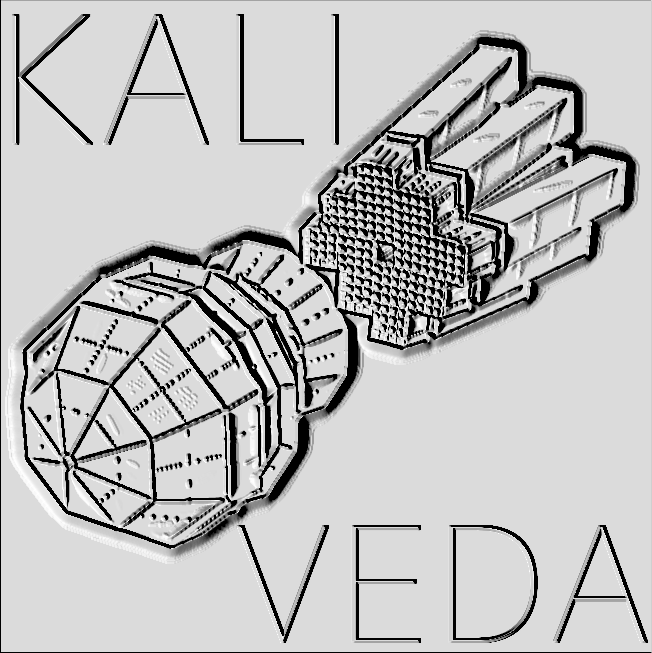#ifndef __EXAMPLEINDRAANALYSIS_H
#define __EXAMPLEINDRAANALYSIS_H
#include "KVINDRAEventSelector.h"
double ztot_sys, zvtot_sys;
public:
ExampleINDRAAnalysis() {};
virtual ~ExampleINDRAAnalysis() {};
};
#endif
#define ClassDef(name, id)
virtual void InitAnalysis()
virtual Bool_t Analysis()
virtual void EndAnalysis()
Base class for analysis of reconstructed INDRA events.
#include "ExampleINDRAAnalysis.h"
#include "KVINDRAReconNuc.h"
#include "KVBatchSystem.h"
#include "KVINDRA.h"
#include "KVDataAnalyser.h"
#include "KVFlowTensor.h"
void ExampleINDRAAnalysis::InitAnalysis(void)
{
auto ztot = AddGV("KVZtot", "ztot");
ztot->SetEventSelection([&](
const KVVarGlob * var) {
return var->
GetValue() >= 0.8 * ztot_sys;
});
auto zvtot = AddGV("KVZVtot", "zvtot");
zvtot->SetMaxNumBranches(1);
zvtot->SetEventSelection([&](
const KVVarGlob * var) {
return var->
GetValue() >= 0.8 * zvtot_sys
});
AddGV("KVMult", "mtot");
AddGV("KVEtransLCP", "et12");
auto gv = AddGV("KVFlowTensor", "tensor");
gv->SetOption("weight", "RKE");
gv->SetFrame("CM");
{
}});
e->SetFrame(
"EL",
"CM", ((
KVFlowTensor*)vg)->GetFlowReacPlaneRotation());
});
AddHisto<TH1F>("zdist", "Charge distribution", 100, -.5, 99.5);
AddHisto<TH2F>("zvpar", "Z vs V_{par} in ellipsoid", 100, -15., 15., 75, .5, 75.5);
auto t = AddTree("myTree", "");
GetGVList()->MakeBranches(t);
SetJobOutputFileName("ExampleINDRAAnalysis_results.root");
}
void ExampleINDRAAnalysis::InitRun(void)
{
GetTree("myTree")->SetTitle(GetCurrentRun()->GetSystemName());
SetTriggerConditionsForRun(GetCurrentRun()->GetNumber());
ztot_sys = GetCurrentRun()->GetSystem()->GetZtot();
}
Bool_t ExampleINDRAAnalysis::Analysis(
void)
{
GetGVList()->FillBranches();
FillHisto("zdist", particle.GetZ());
FillHisto("zvpar", particle.GetFrame("EL")->GetVpar(), particle.GetZ());
}
}
Relativistic binary kinematics calculator.
KVNucleus * GetNucleus(Int_t i) const
virtual const KV2Body * GetKinematics() const
Abstract base class container for multi-particle events.
Kinetic energy flow tensor of Gyulassy et al and associated shape variables.
Description of properties and kinematics of atomic nuclei.
Int_t GetZ() const
Return the number of proton / atomic number.
Base class for all global variable implementations.
Double_t GetValue(void) const
Wrapper class for iterating over "OK" nuclei in KVReconstructedEvent accessed through base pointer or...
void FillTree(TTree &myTree, const RooDataSet &data)

